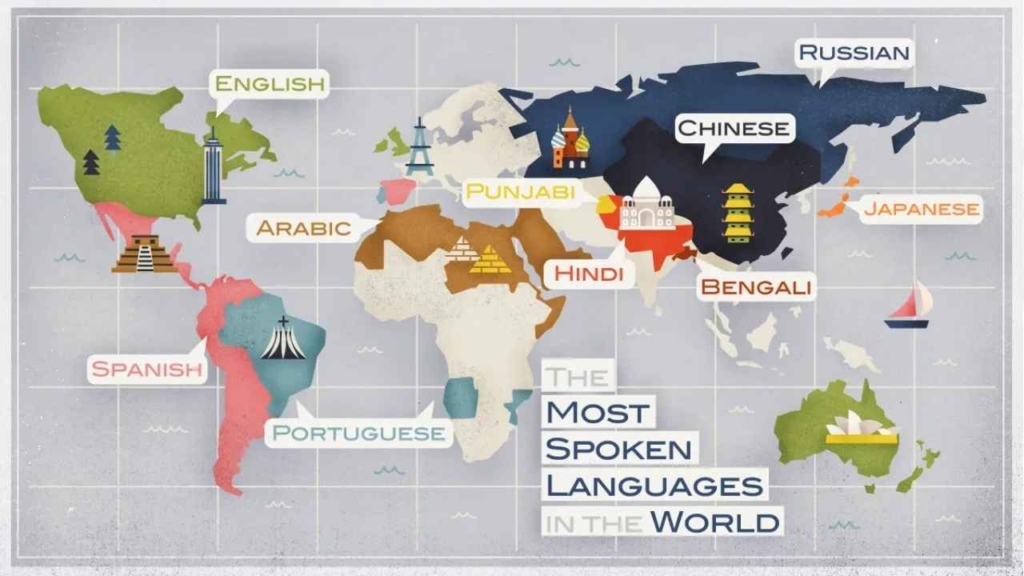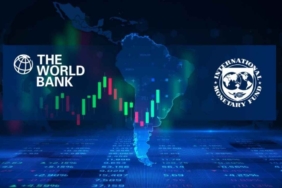In an increasingly interconnected world, the significance of languages goes beyond mere communication; they serve as cultural bridges and gateways to international business opportunities. Language diversity plays a vital role in global interactions, making it imperative to understand which languages are predominantly spoken worldwide.
What Are the Most Spoken Languages?
According to recent linguistic studies, the most spoken languages on the globe include:
- Mandarin Chinese – Over 1.1 billion speakers
- Spanish – Approximately 460 million speakers
- English – Roughly 375 million native speakers, with over 1.5 billion total speakers
- Hindi – Around 310 million speakers
- Arabic – About 310 million speakers across various dialects
Who Speaks These Languages?
Languages transcend borders and cultures. For instance:
- Mandarin Chinese: Predominantly spoken in China, Taiwan, and Singapore.
- Spanish: Widely used in Spain, Mexico, and most countries in Central and South America.
- English: The official language of many countries, including the USA, UK, Canada, Australia, and South Africa.
- Hindi: Primarily spoken in India and among the Indian diaspora across the world.
- Arabic: Used across 22 countries in the Arab world, with significant speakers in North Africa and the Middle East.
When Did These Languages Gain Popularity?
The rise of these languages can be attributed to a combination of historical, economic, and cultural factors. For instance:
| Language | Reasons for Popularity |
|---|---|
| Mandarin Chinese | Economic growth of China |
| Spanish | Colonization and cultural influence |
| English | Globalization and media |
| Hindi | Cultural exports (Bollywood) |
| Arabic | Religious significance and oil economy |
Where Are These Languages Spoken?
Geographically, these languages dominate specific regions:
- Mandarin Chinese: East Asia
- Spanish: Latin America and Europe
- English: Various countries, with a presence in every continent
- Hindi: South Asia
- Arabic: Middle East and North Africa
How Do Languages Influence Global Culture?
The importance of language goes beyond simple communication. Each language encompasses unique worldviews and cultural philosophies. The ability to speak multiple languages fosters better understanding and respect among diverse cultures.
Conclusion: Understanding Language’s Role in the World
Recognizing the most spoken languages highlights their impact in various spheres—from commerce to culture. As the world evolves, the continual rise in bilingualism and multilingualism emphasizes our shared human experience and the importance of communication. Embracing these languages can pave the way for deeper connections globally.














